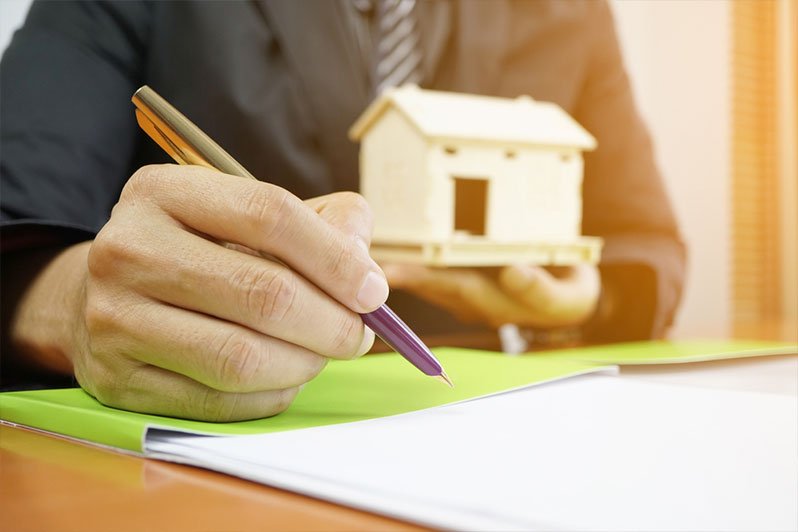Caution: Writing Your Own Deed to Avoid Probate Can Lead to Unintended Consequences
One common way to avoid probate of real estate after the owner dies is to hold the title to the property in joint names with rights of survivorship with children or other beneficiaries. This is accomplished by adding the names of the children and certain legal terms to a new deed for the property and then recording it in the applicable public land records.
Posted on April 1, 2015

Many people believe that they do not need to pay an attorney to help them prepare and record the new deed. Instead, they think that a deed form can simply be downloaded from the internet or obtained from a book that can then be easily filled out and recorded. But deeds are in fact legal documents that must comply with state law in order to be valid. In addition, in most states, property will not pass to the other owners listed in a deed without probate unless certain specific legal terms are used in the deed.
How is a Defective Deed or an Invalid Deed Corrected?
If the problems with a defective deed or an invalid deed are discovered before the owner dies, then the problems can be addressed by preparing and recording a “corrective deed” in the applicable public land records. This should only be done with the assistance of an attorney.
Unfortunately, many times the problems with a defective deed or an invalid deed are not discovered until after the owner dies. If this is the case, then the problems cannot be fixed with a corrective deed since the deceased owner is unable to sign the corrective deed. Instead, the property will most likely need to be probated in order to fix the problems with the title. Aside from probate taking time and costing money for legal fees and court expenses, until the problems with the title are sorted out in probate court, heirs will not be able to sell the property. Or, worse yet, the property may be inherited by someone the owner had intended to disinherit when they prepared and recorded their own deed.
What Should You Do?
If you want to add your children or other beneficiaries to your deed in order to avoid probate, and you think you can save a few bucks by using a form you find on the internet or in a book, think again. Deeds are legal documents that have very specific requirements and are governed by different laws in each state (in other words, a deed that is valid in New York may not necessarily be valid in Florida).
If you want your home or other real estate to pass to your children or other beneficiaries without probate, then seek the advice of an attorney who is familiar with the probate and real estate laws of the state where your property is located. This will insure that the deed will be valid and your property will in fact avoid probate and pass to your intended heirs.
More from our blog…
Understanding Medicaid: What Does Medicaid Cover?
In the complex and frequently changing landscape of health care in the United States, Medicaid stands out as a vital program. Since 1965, it has [...]
Elder Financial Abuse: How an Elder Law Attorney Can Help
Elder financial abuse is a significant issue affecting many older adults nationwide. It involves someone exploiting or misusing an older person’s finances or assets for [...]
Does Medicare Cover Prescription Weight Loss Drugs?
Americans have a growing appetite for prescription drugs such as Ozempic, Wegovy, and Mounjaro. Originally developed to treat Type 2 diabetes, they are now exploding [...]
How Social Security Overpayment Rules Are Changing
With a new commissioner at the helm, the Social Security Administration (SSA) has been announcing several policy changes in recent weeks. In late March 2024, the [...]
Recent blog posts

FREE WEBINAR
5 Things to Know About
Estate Planning
When You Turn Sixty-Five





